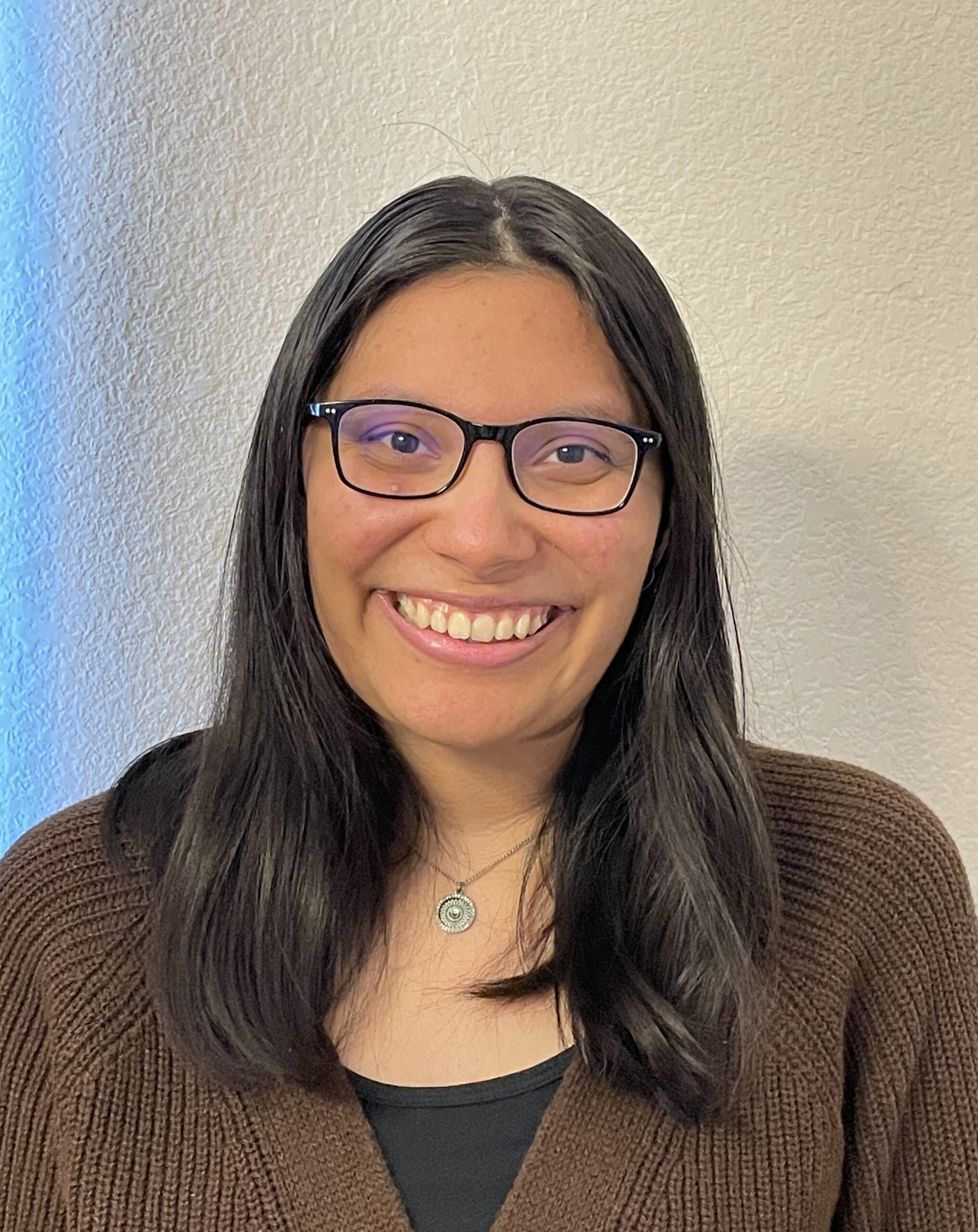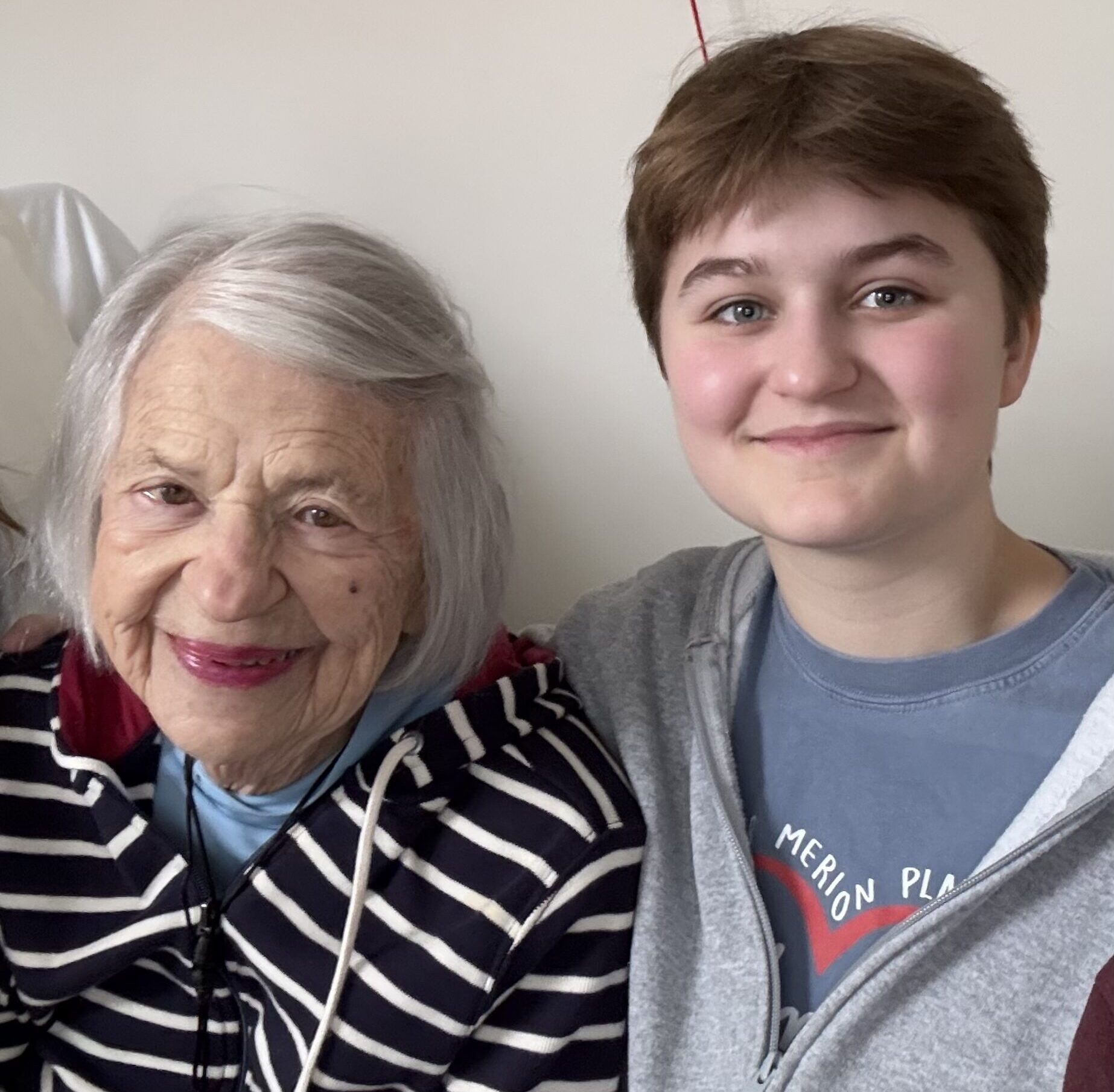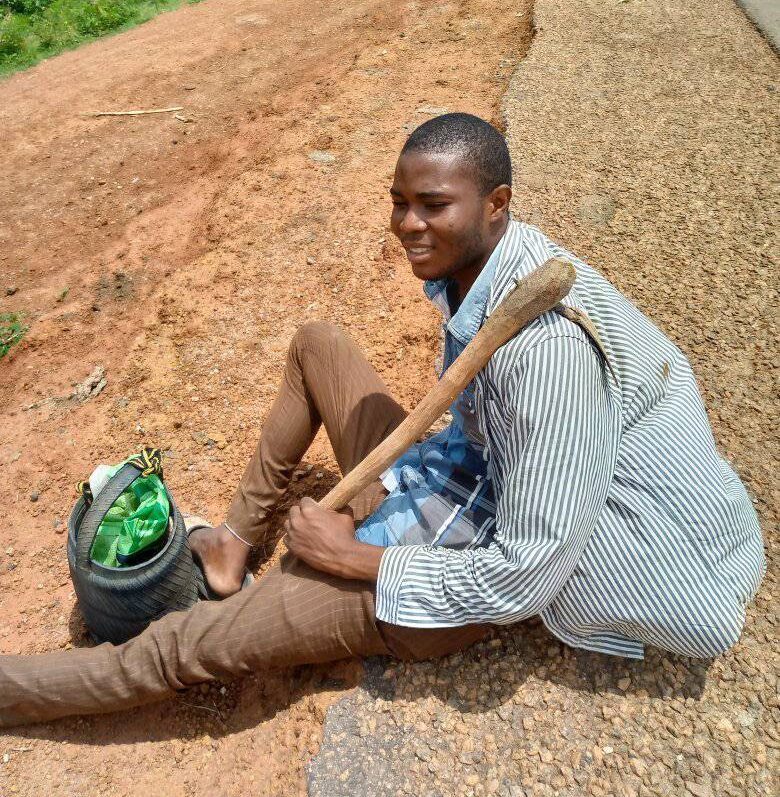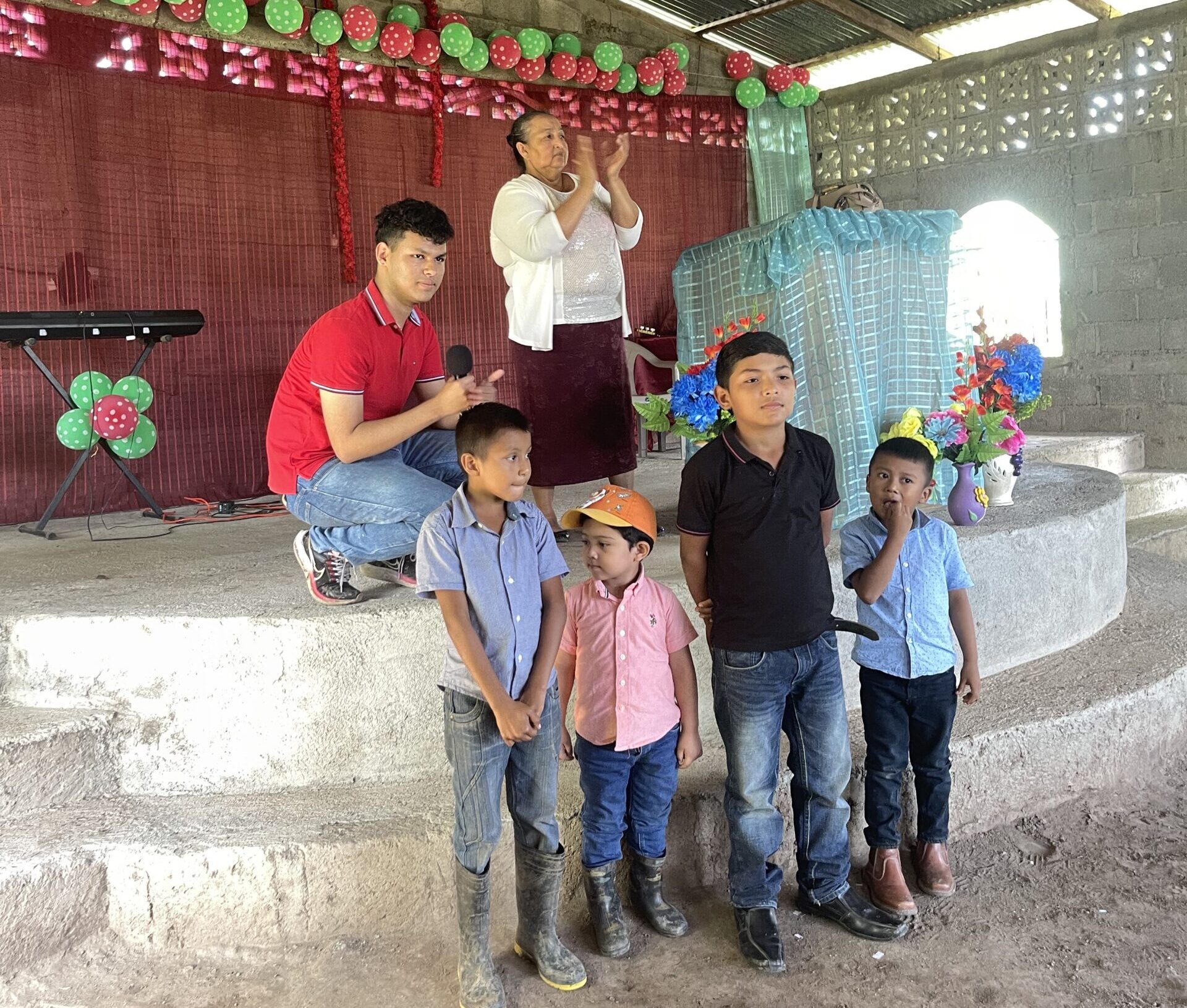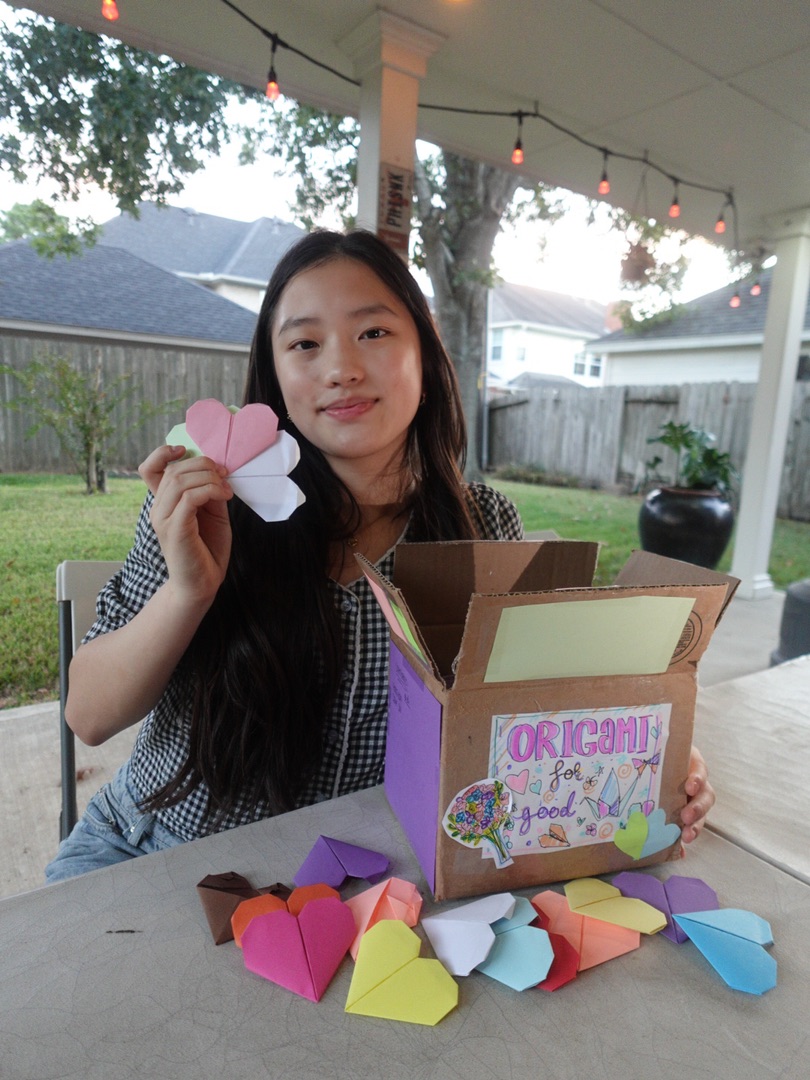Quarantine has been overwhelming for many. While staying home plays an important and necessary role in preventing the spread, physical distancing has made some feel isolated, which can take a toll on one’s mental health.
Because of this, Irene Cai, 16 and a rising high school junior, decided to create something to help.
“I started the Cura website because like the many other bored teenagers stuck at home, I was spending a lot of time on stuff like TikTok, Netflix, Youtube, and Social Media,” Irene said. “Being in quarantine was also taking a toll on my mental health. Sometimes I felt lost, trapped and I had trouble staying positive. There were days where I just found myself at an all-time low, and I knew my peers felt this way too. So, I took it upon myself to do something about it. I’ve always loved to learn and try new things which ultimately led me to the idea of Cura: a hub of free and accessible educational resources for youth to use and keep themselves busy. After doing some research, I also discovered that learning is an essential part of maintaining high self-esteem, fulfilling a sense of purpose, and bettering mental well-being overall.”
She continued, “The process of making the website was very enjoyable for me. I started with the Home page and added a little ‘About’ section. But the fun part was brainstorming topics: my strategy was just to do a brain dump of random topics to learn about (anything from poetry writing, to online Louvre exhibits, to microbiology, to machine learning). I use a spreadsheet to keep track of the sources and links. Although adding each resource to the website is a tedious task, it still keeps me busy and helps take my mind off things.”
Despite being tedious at times, Irene hopes to help her users and is taking something away from the project.
“I kept the whole project to myself for a few weeks before launching it officially,” she said. “To be honest, I was a bit scared to show my friends and family because I really wanted Cura to be useful for people. When I finally decided to show some of my friends, I was delighted to hear very positive feedback from them, and I further promoted the project via Instagram. It made me realize that sometimes I should just go for it and not be afraid of what others think. There’s really nothing to lose and can potentially help a lot of people.”
She added, “As I continue to work on this project, it is very fulfilling to know that I am helping people get through this tough time and it is also very fulfilling to have something meaningful to do. A lot of good came out of this initiative, notably my partnership with Magnify. Instagram is such a great tool for connecting with people who share the same passion as you. I was very lucky to have the chance to collaborate with inspiring and motivated people like Abby, (founder of Magnify) and we’ve become really good friends! If I didn’t put myself out there, our partnership would never have been possible and I am very grateful that I got the opportunity.”
This month, Cura has collaborated with the soon-to-be released app, Magnify, to create an open-source database to help work towards providing equal access to mental health resources.
“I hope the #MentalHealthForever database will educate those who need to be educated, empower those who need empowerment and most importantly, help those who don’t have access to professional help. Not everyone can go to therapy or get medications but with the database, which is full of high-quality and accessible resources, they at the least have somewhere to start. The database includes everything from free support groups to podcasts, all accessible with a click of a link,” Irene said.
She also recognizes the importance of the database and Cura as a whole.
“To me, mental wellness means putting myself first. It’s putting in the effort to make myself feel the best I can but also be OK with not feeling great all the time. It is a constant –– we can’t just ‘achieve’ optimal mental health, but rather sustain it as best we can. To me, mental health and physical health are very different, but equally important. You can’t always see when someone is struggling, so it’s so important that we destigmatize it and create a more accepting environment. People don’t have to struggle in silence. I believe that education is one of, if not the most important aspect of destigmatizing mental health. I think education will validate people’s feelings, make being vulnerable more OK and encourage those who need help to seek it. It also helps us become more aware of caring and empathizing with others. That’s why resource quality is so important –– so everyone has the opportunity to learn, heal, and sustain.”
When asked what she would say to someone who wants to help support mental wellness and resource equality, Irene applauded those willing to.
“I would say firstly, kudos for taking the initiative to raise awareness on mental wellness. Second, I would tell them that social media is a great place to start. It is such a powerful tool for educating others. Some ways to use social media are posting liberally on your personal account, running another account for raising awareness, reaching out to organizations that support what you want to accomplish and even just learning from other accounts and sharing with people around you –– it’s OK to start small. Another thing they could do is come up with innovative ways to promote mental health and improve resource equality in their communities (i.e school community, family, ethnic community). For example, sharing art that represents mental wellness and mental health issues or making a video full of positive and hopeful messages collected from people in your community.”




